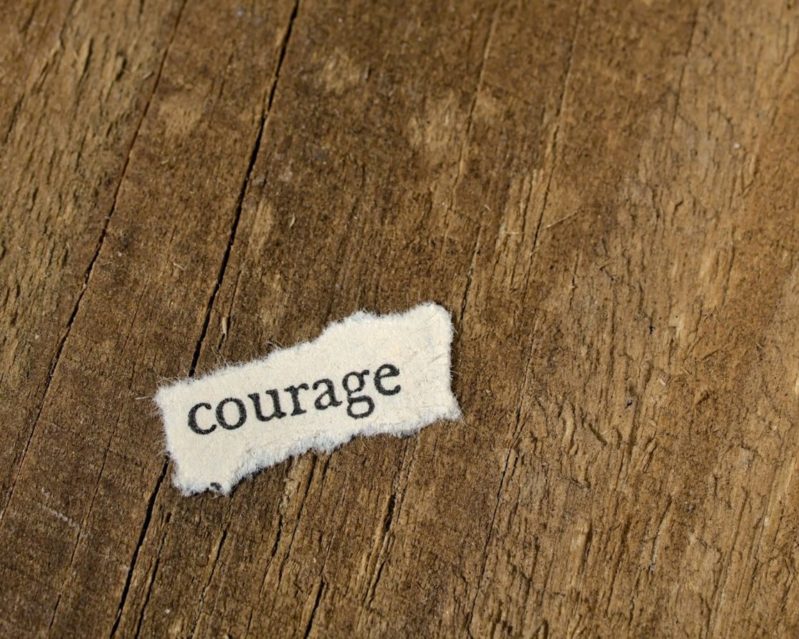When it comes to children, they look up to brave ones, such as superheroes, police, firemen, and even their parents. Bravery is something that so many people idolize, but it’s also something that everyone can get. It’s so important that a child picks up bravery at a young age, as this will help them for the rest of their life. Regarding being brave, here is everything you need to know!
Avoid pushing too hard
When it comes to teaching your kids to be brave, it can be tricky to find the perfect balance. You don’t want to push your child too hard, but you also don’t want to let him get too soft. There’s no one size fits all approach, but there are some tried and true strategies for getting your kid to try his best. It’s all really going to take some time, but pushing too much or too little is not the right approach.
Validate fear before moving on
If your child has a fear, it’s important to acknowledge it and validate it. The act of acknowledging it helps your child learn about fear. It also lets your child know that you are in her corner. To teach your child to be brave, it’s important to help her understand why she is afraid. Ask her what she thinks is the cause of her fears. You may have to play detective. Once you know what’s causing the worry, you can start to address it. Fears aren’t a bad thing, and knowing those fears makes it easier to overcome.
Encourage a child’s sense of adventure
Having a child’s sense of adventure is an important life skill. It encourages resilience, confidence, and willingness to try new things. There are many ways you can encourage a child’s sense of adventure. As a parent, you need to allow them to explore and find out what they like. You can also talk to them about risks and help them think about what could go wrong. Kids need to know that the world is their oyster.
Let them speak up
Seeing someone treated unfairly can be an upsetting experience. However, there are ways you can help your kids deal with it. From a simple discussion to an intervention, there are many options to choose from. As a parent, it’s important to let your kid know about the injustice that’s out there in the world.
You need to talk about what your family values are and what general values your child should have. This might include equal treatment for all, respecting each other, and standing up for those in need. For instance, you might ask them to tell you the most memorable instance of heroism in their lives. Speaking out is vital when it comes to bravery and being a hero.
Allow your child to make their own decisions
In order to encourage your child to be brave, you need to decide to let her make her own decisions. When we let our kids make their own decisions, they learn to be more independent and to take ownership of their actions. There are many ways to teach your children to be brave. Some of the more fun and effective include activities that push them to their limits.
These include sports, music, or even taking CPR classes at Holmes Medical Training. The key is allowing your child to experience success without risking her safety. By letting them do all of this; they’ll become their own superhero.
Avoid bubble-wrapping your children
The best way to promote bravery in your children is to help them develop the requisite self-confidence to take their first tentative steps. The goal is to provide them with the tools necessary to cope with the inevitable bumps in the road. When you do so, you are setting them up for a lifetime of happiness and success. This means that you shouldn’t feel so inclined to constantly rescue your child or even try to “bubble-wrap” them. While yes, safety tips are essential; a child cannot grow bravery if they’re being wrapped up and helicoptered all the time.
Model attitudes that value bravery
One of the best things you can do for your child is model attitudes and behaviors that value bravery. Bravery is a strength that allows you to face the challenges in life. It is important to understand the different kinds of courage and to encourage children to explore them.
Children become more flexible and open to new experiences by learning to overcome obstacles and embrace uncertainty. In the long run, the rewards can be incredible. But it all begins with you; as a parent, you must take on these attitudes, so they know it’s acceptable to do the same.





